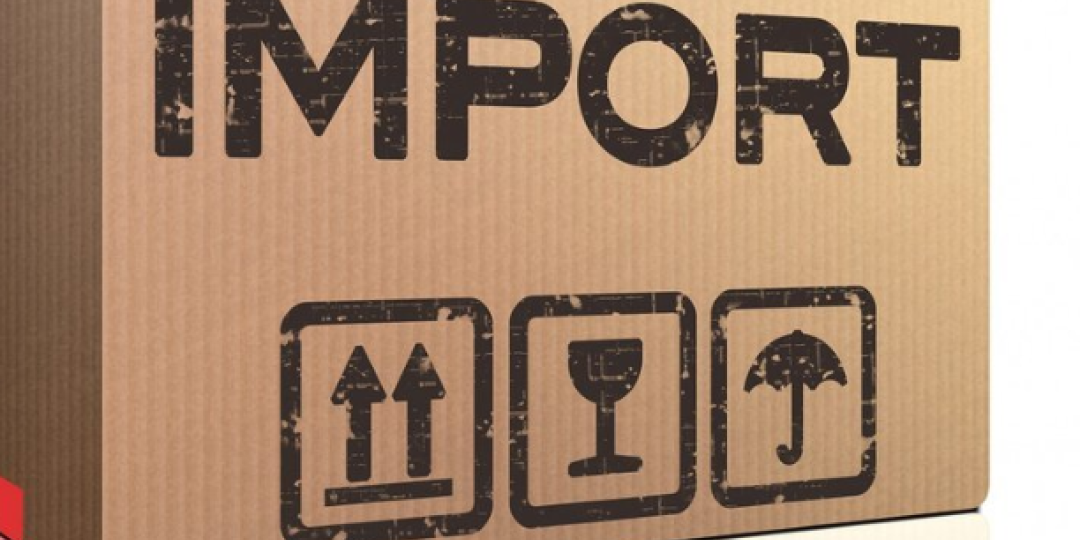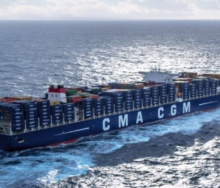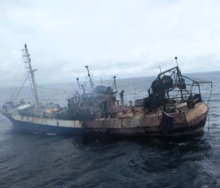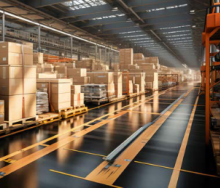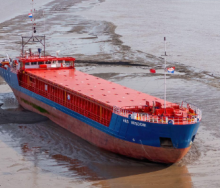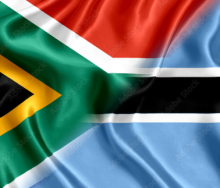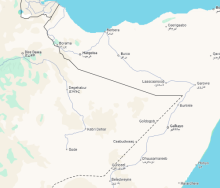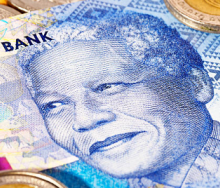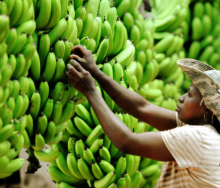South African importers have to overcome a number of non-tariff trade barriers (NTBs) to keep goods moving.
According to the International Trade Administration Commission, they include port congestion, technical standards, customs valuation above invoice prices, theft of goods, import permits, anti-dumping measures, foreign worker visa permitting, violations of intellectual property rights, an inefficient bureaucracy, excessive regulation, and requirements to localise supply chains.
While physical trade infrastructure such as ports and rail occupy much of the attention of policymakers and bureaucrats, Chris Hattingh, executive director at the Centre for Risk Analysis, says in African Liberty, a platform for advancing individual freedom, peace, and prosperity in Africa, that NTBs are as important.
They include onerous licensing requirements, long processing delays, inefficient customs procedures, subsidies, and technical barriers.
He cites an August 2024 World Bank study, “Unlocking South Africa’s Potential: Leveraging Trade for Inclusive Growth and Resilience,” which lists a number of actions that need to be taken to reduce the cost of doing business with South Africa.
The report acknowledges that the government has made some progress in addressing non-tariff barriers, but says additional reforms are needed.
- Read the full article in our Freight Features edition on "SA Import Trade."
